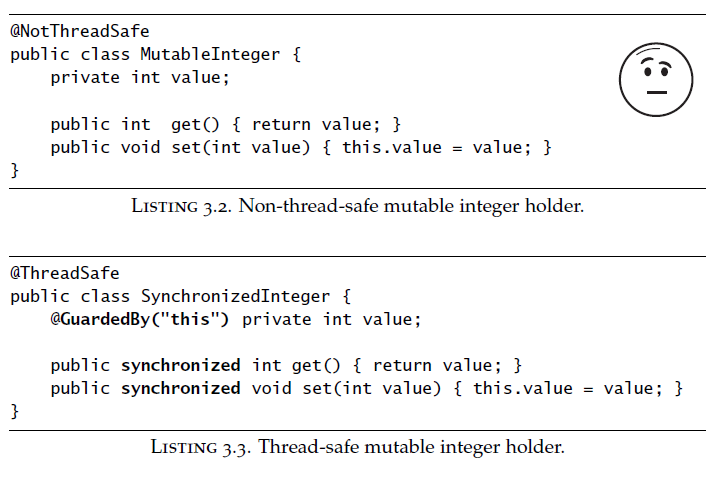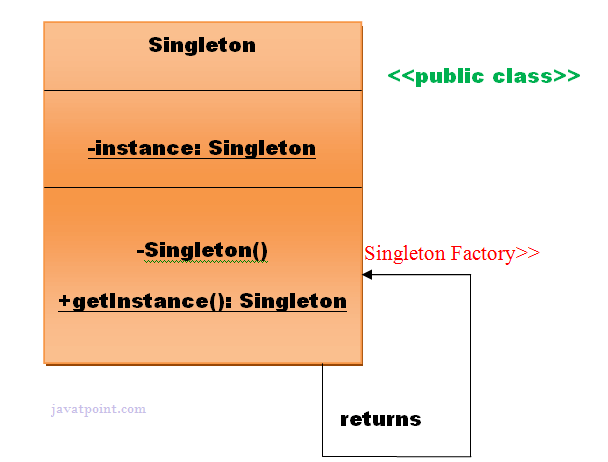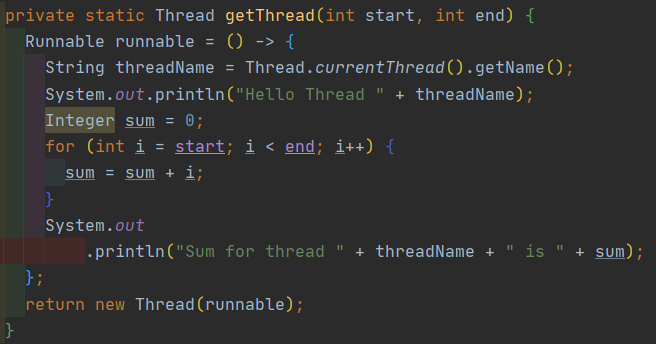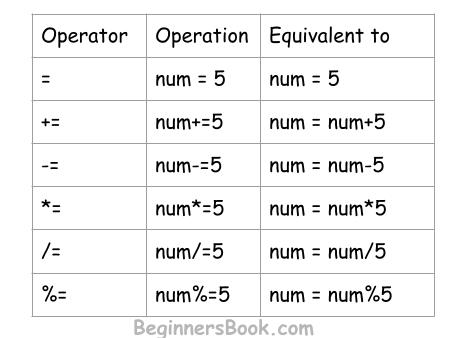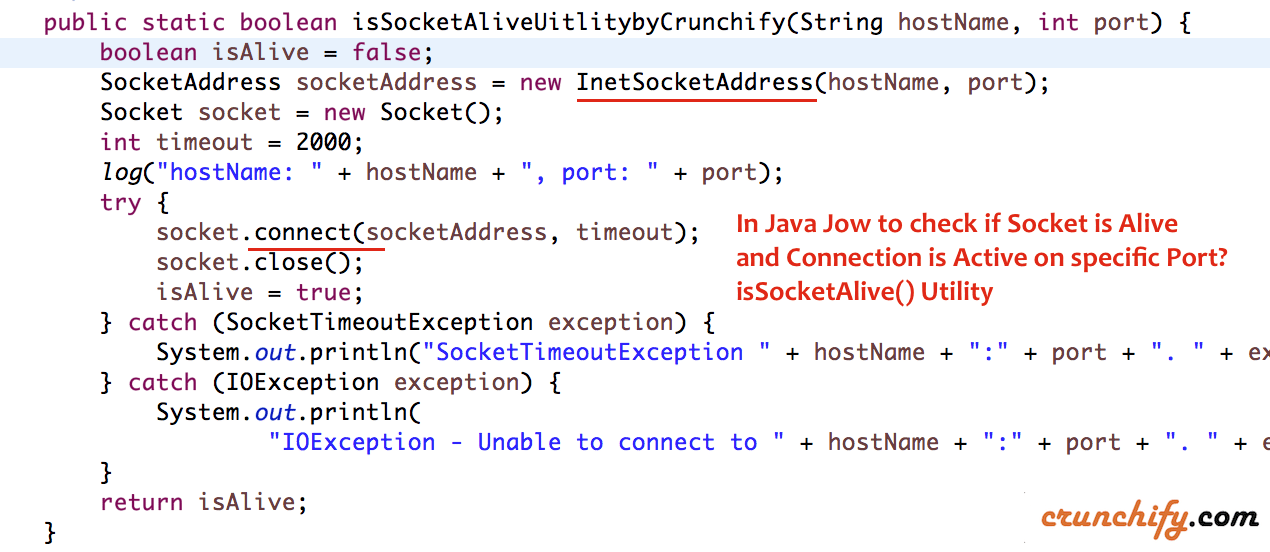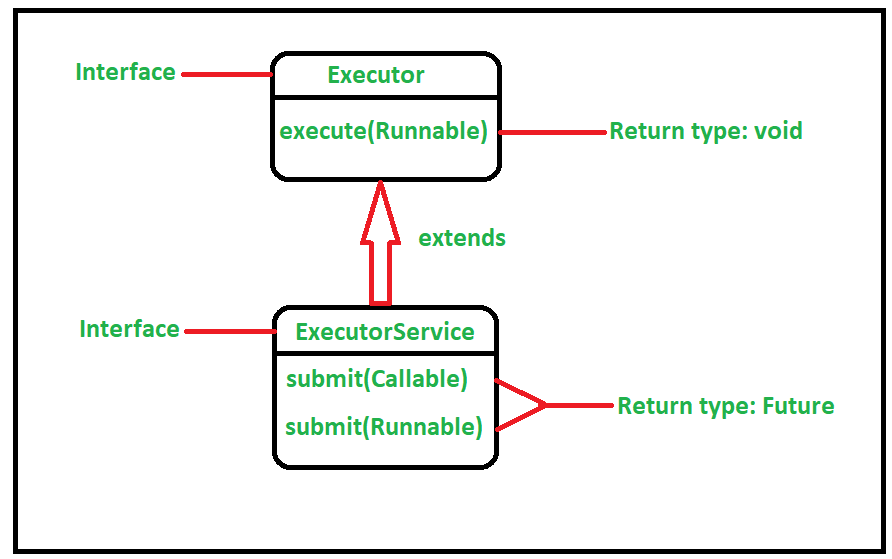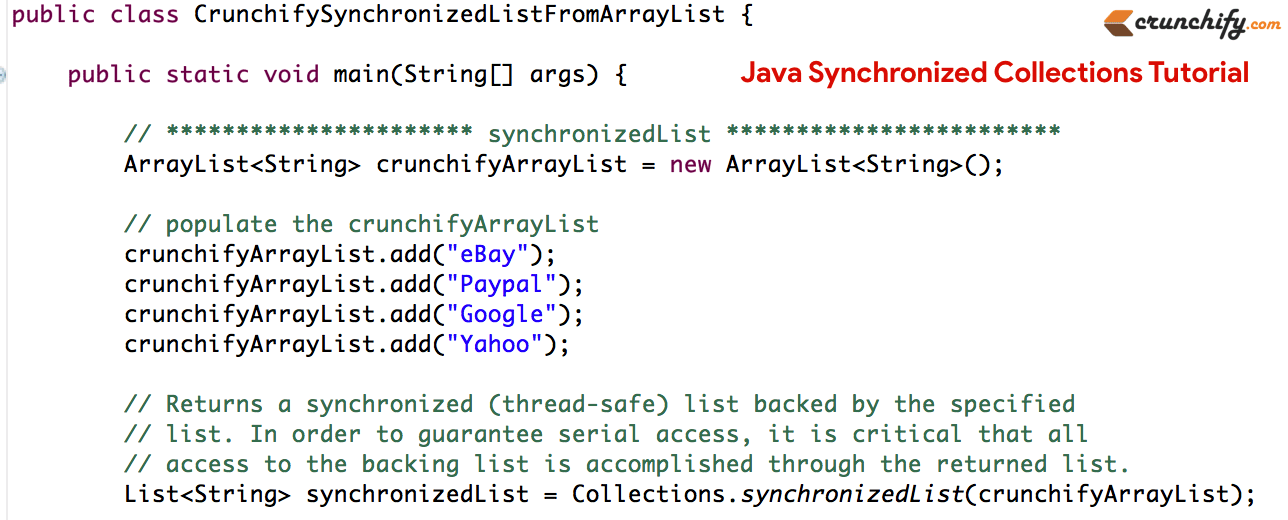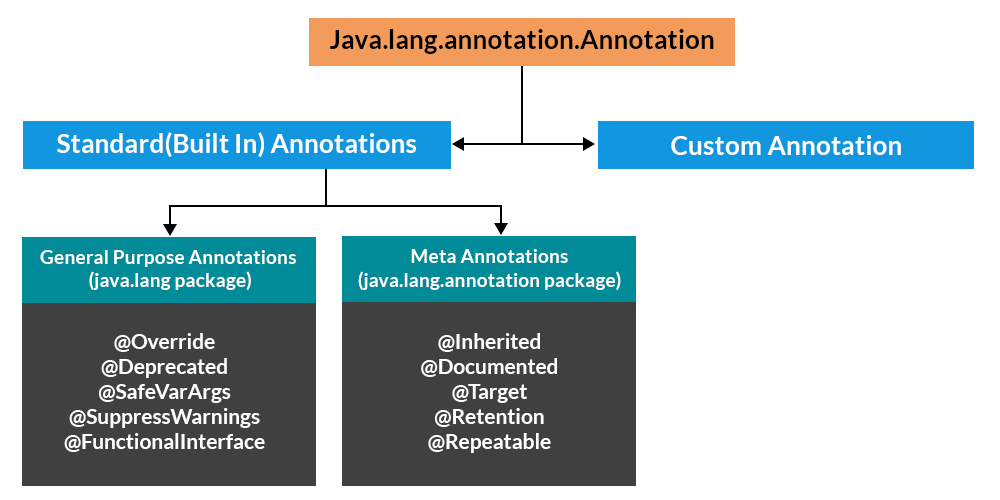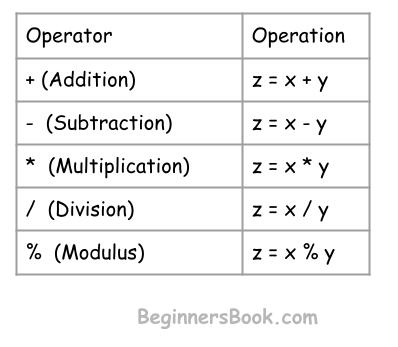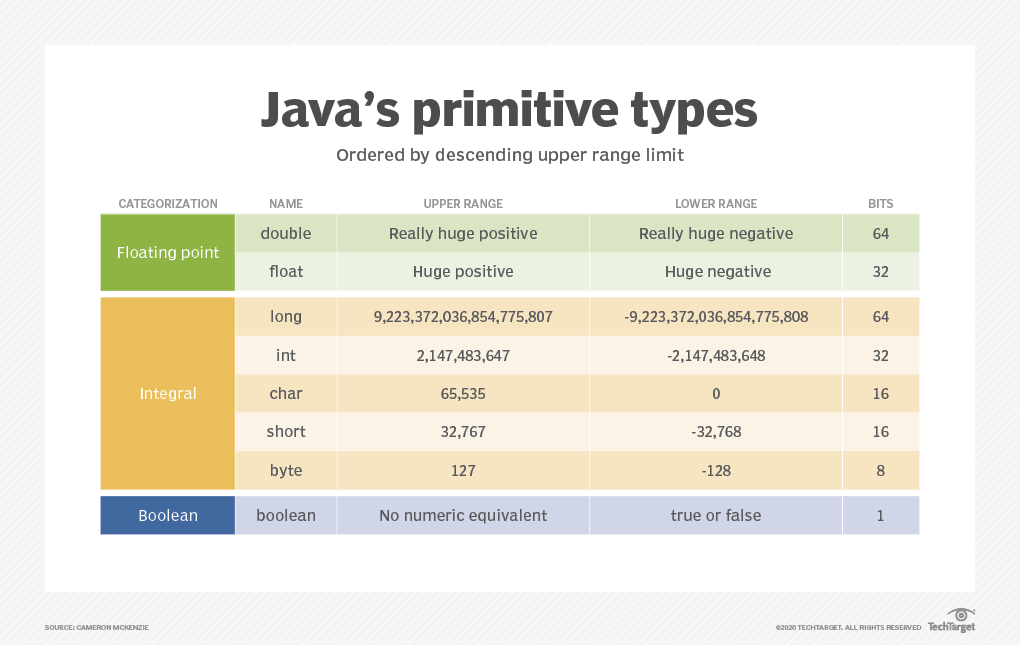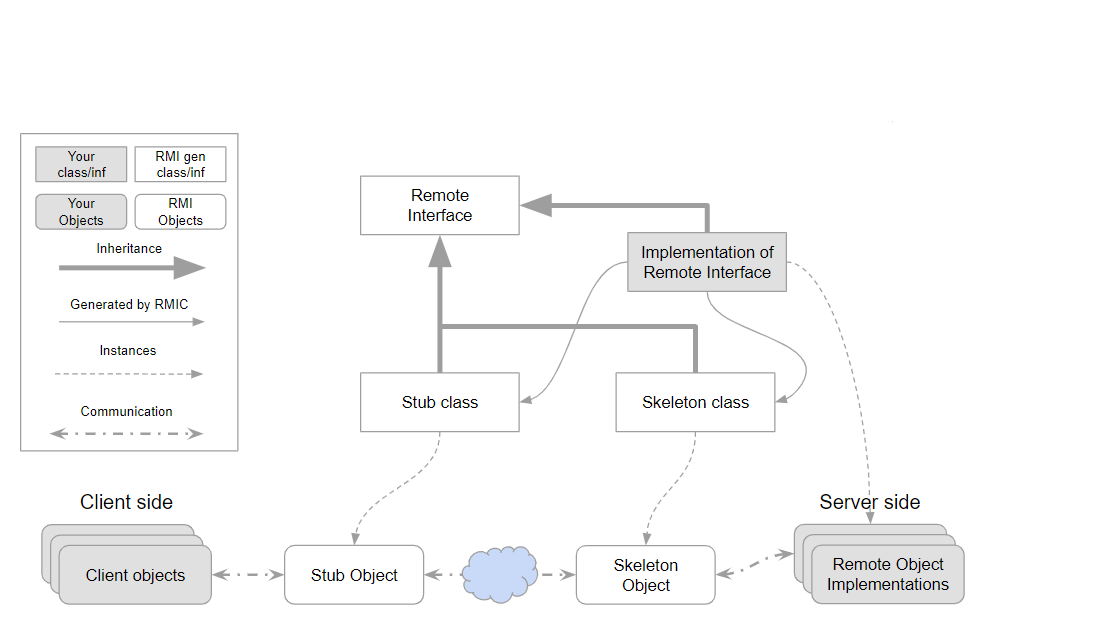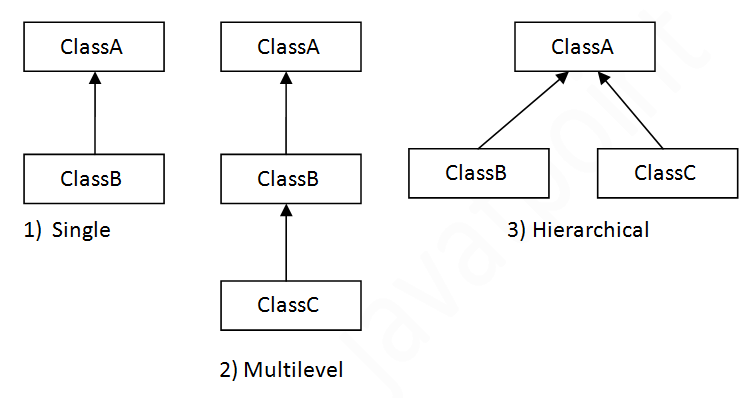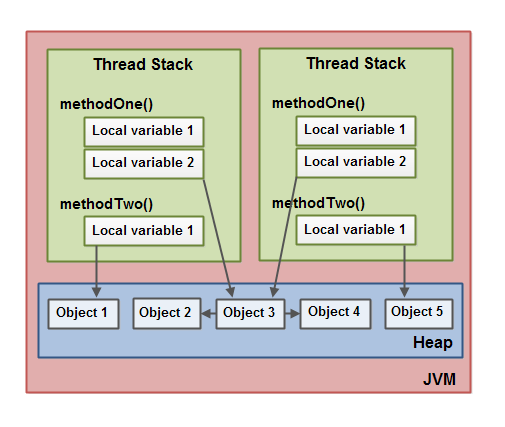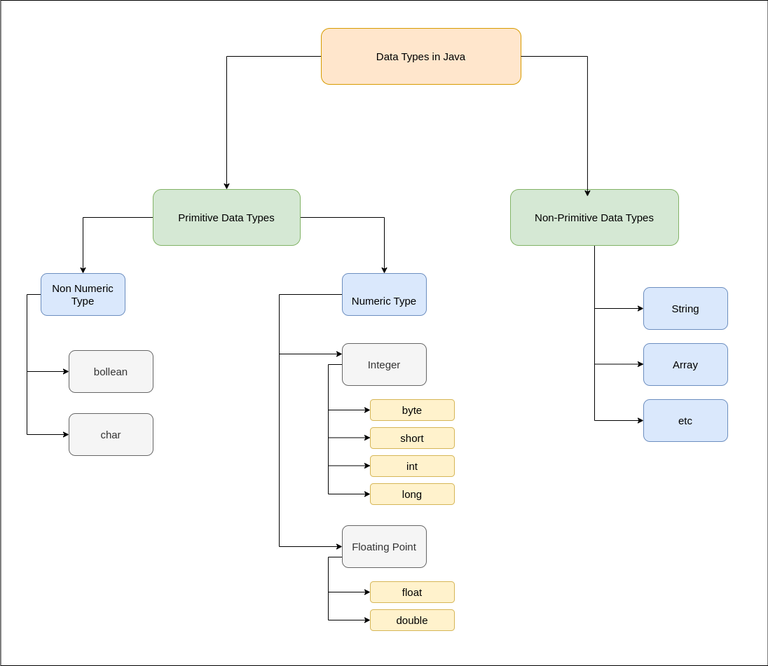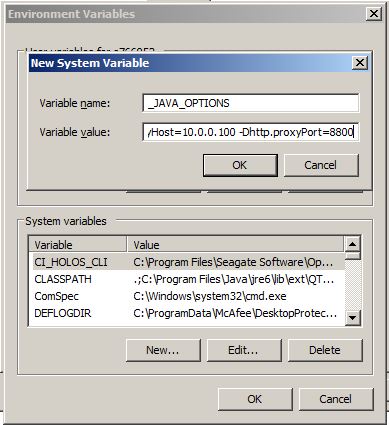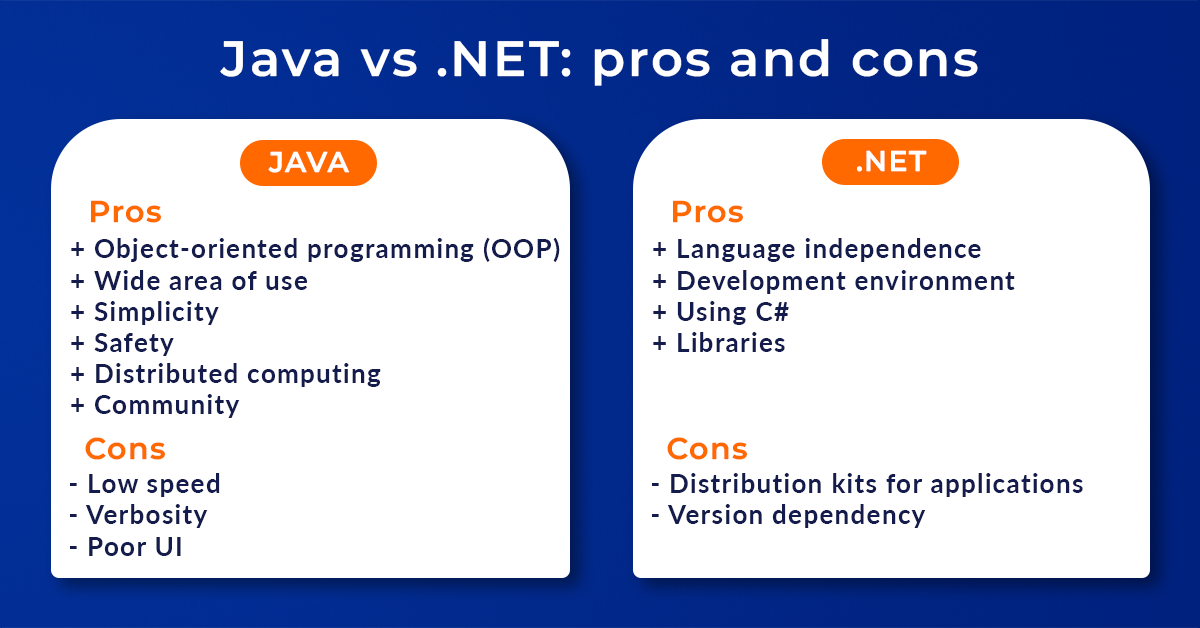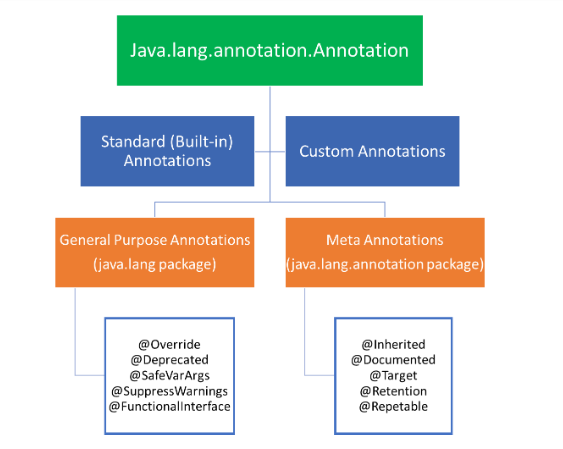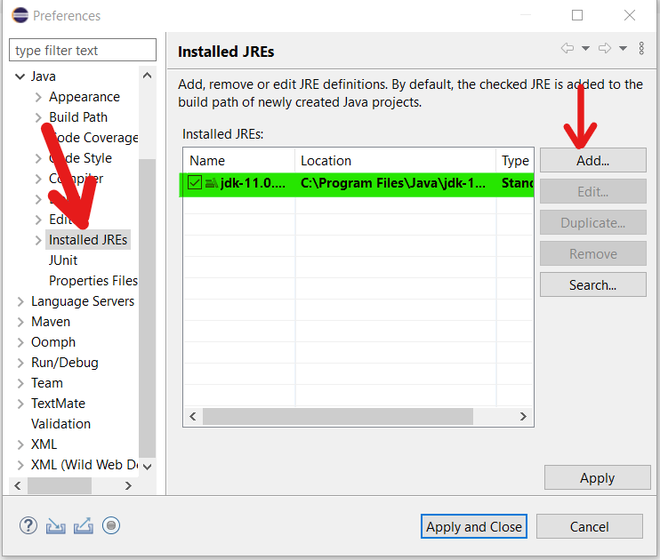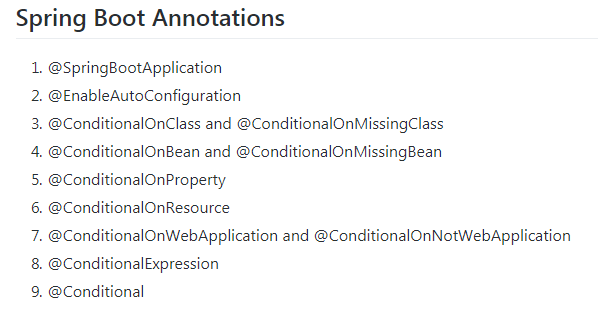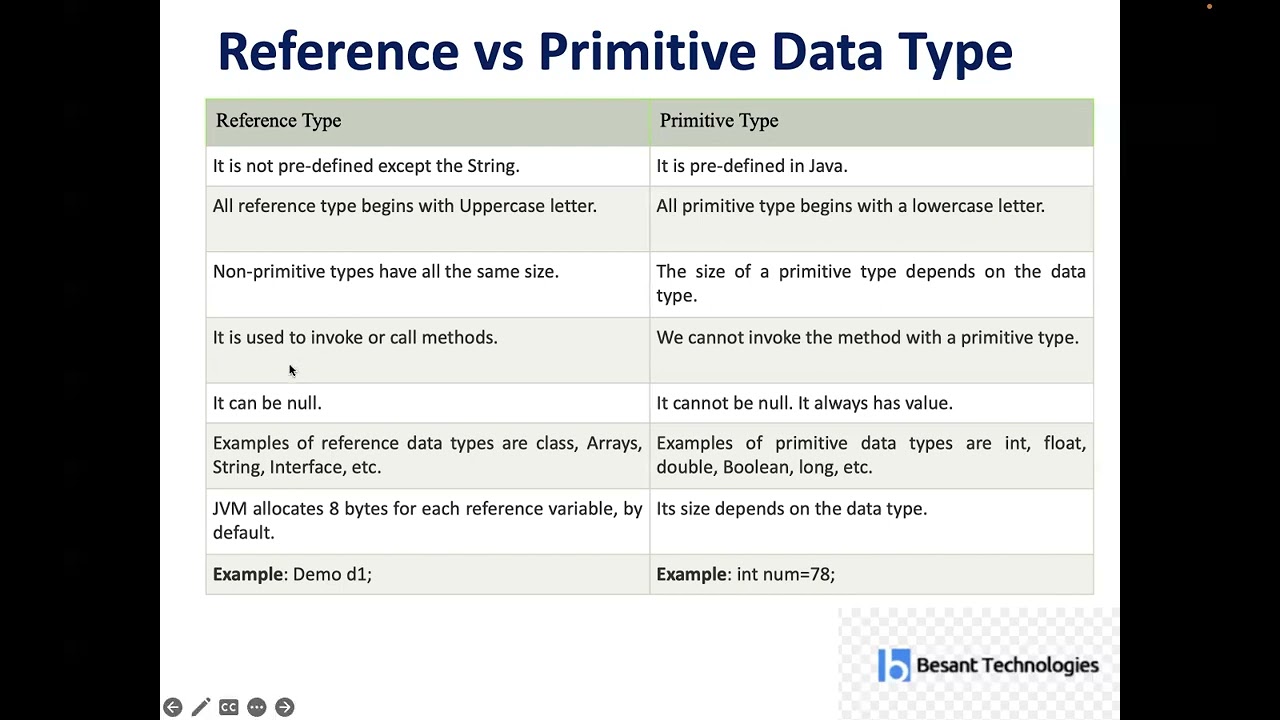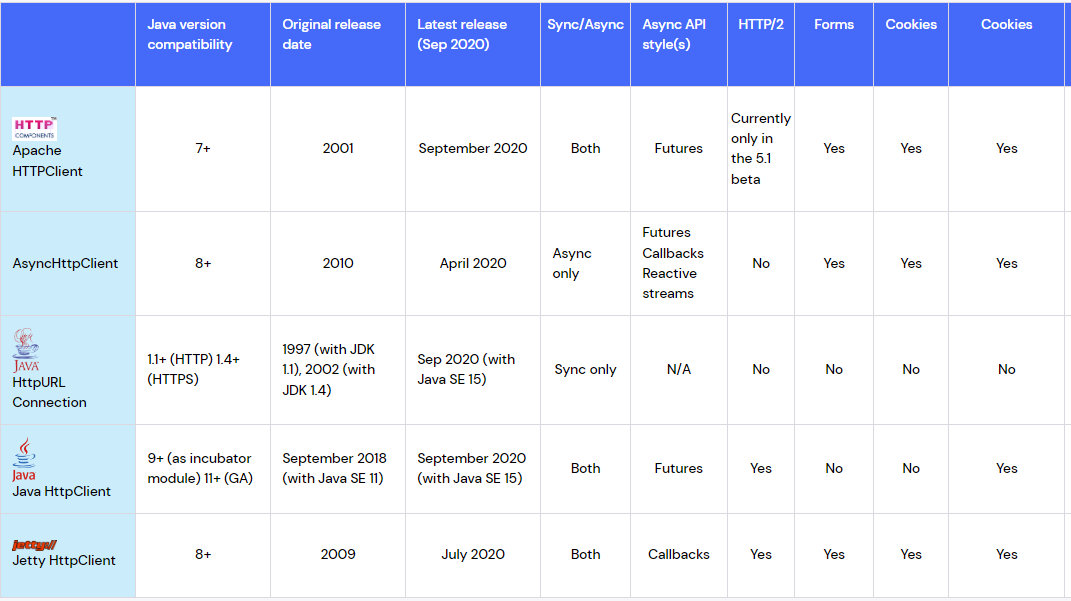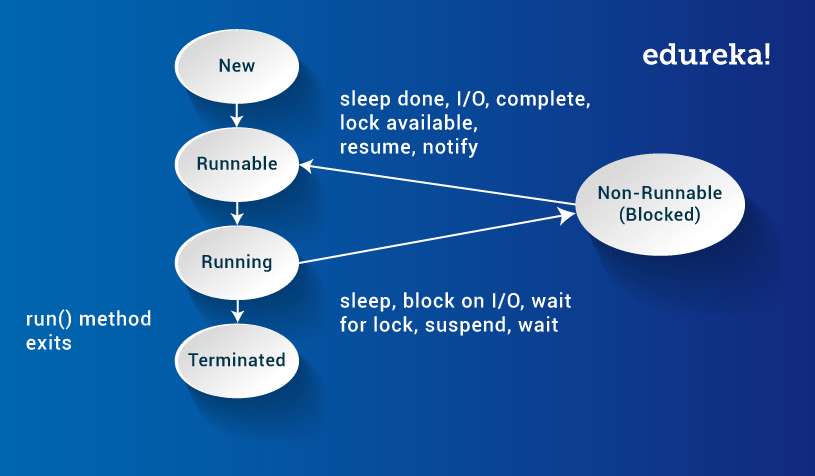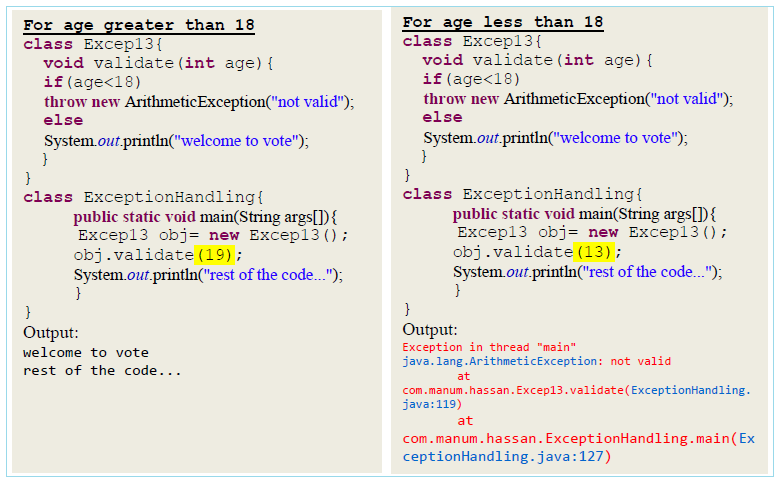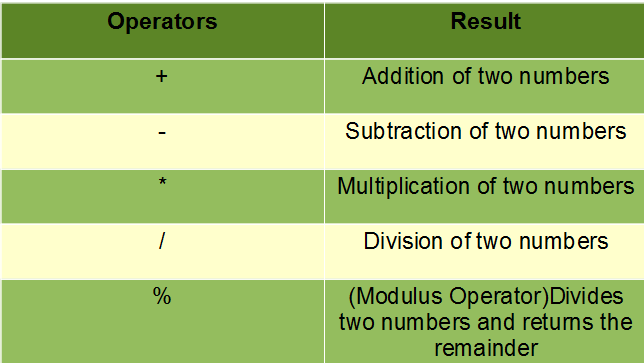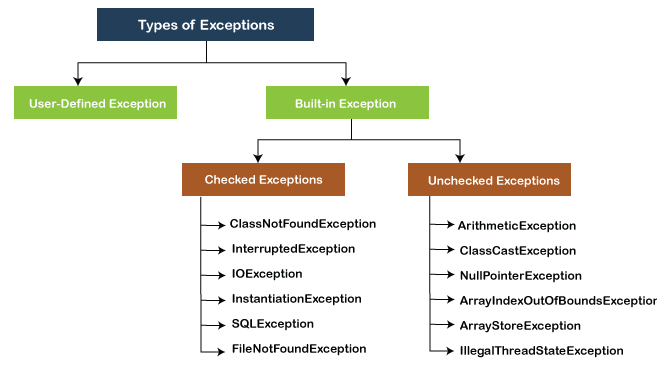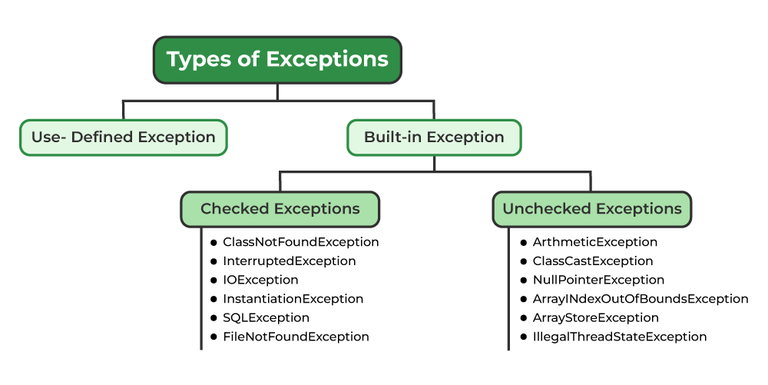Java object get value by field name
Java object get value by field name
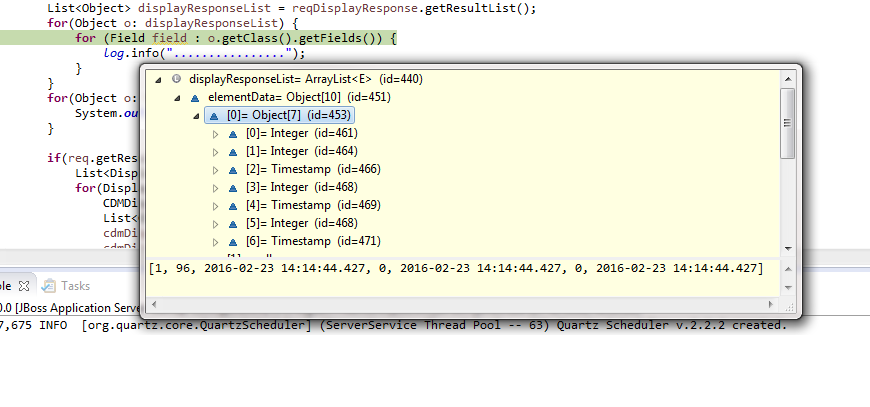
I'd be happy to explain how to get the value of a Java object using a field name.
In Java, objects are instances of classes that define their properties and behaviors. Each property is represented by an attribute, also known as a field or variable. These fields can store various types of data, including primitive types like integers, booleans, and strings, as well as more complex objects.
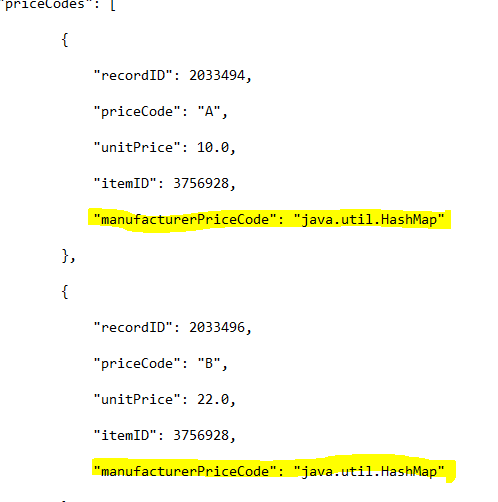
When working with Java objects, you might need to access the values of specific fields. This is where reflection comes in handy. Reflection allows your code to inspect and modify the internal state of an object at runtime. It's a powerful tool that enables dynamic behavior, making it easier to write flexible and adaptable code.
The get method of the Field class is commonly used to get the value of a field given its name. Here's how you can do it:
Field object that corresponds to the field you want to access. You can do this by calling the getDeclaredField method of the Class or Method class.
For example:
Class clazz = MyClass.class; // Replace with your class name
Field field = clazz.getDeclaredField("myFieldName"); // Replace with your field name
access modifier to ACCESSIBLE.
Here's how you do it:
field.setAccessible(true);
Field object and have made it accessible, you can call the get method to retrieve its value.
Note that the get method returns an Object, so you may need to cast the result to a specific type if your field stores a non-nullable primitive type or a reference type:
Object fieldValue = field.get(myObjectInstance);
Here's the complete example:
public class MyClass {
private int myIntField;
private String myStringField;
public MyClass(int myInt, String myStr) {
this.myIntField = myInt;
this.myStringField = myStr;
}
public static void main(String[] args) throws IllegalAccessException {
MyClass myObject = new MyClass(10, "Hello");
Class<?> clazz = MyClass.class;
Field field = clazz.getDeclaredField("myIntField");
field.setAccessible(true); // Make the field accessible
Object fieldValue = field.get(myObject);
int value = (int) fieldValue;
System.out.println("The value of myIntField is: " + value);
field = clazz.getDeclaredField("myStringField");
field.setAccessible(true);
fieldValue = field.get(myObject);
String strValue = (String) fieldValue;
System.out.println("The value of myStringField is: " + strValue);
}
}
This code creates an instance of MyClass, retrieves the values of its fields (myIntField and myStringField) using reflection, and prints them to the console.
Java field get value
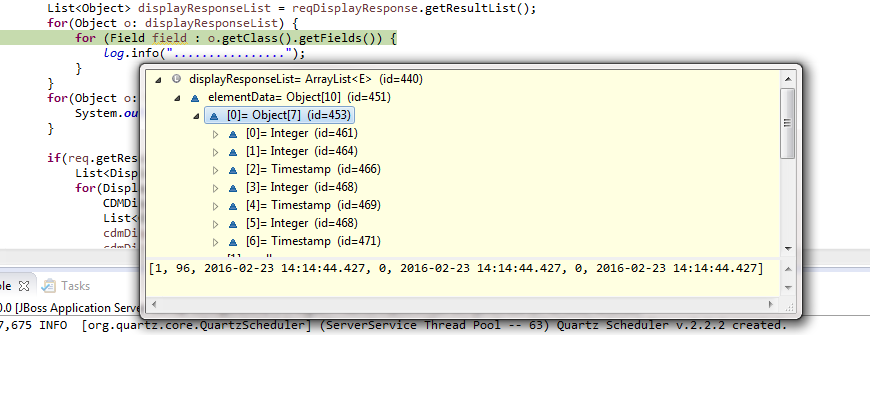
I'll respond in English as per your request. Here's an explanation of how to get the value of a Java field:
In Java, a field is a member variable of a class that is not static and does not belong to any particular method or constructor. It is used to store data for an object. To access the value of a field in Java, you can use dot notation or parentheses.
Dot Notation
One way to get the value of a field is by using dot notation. This involves calling the field's name followed by the get() method if it's a getter (non-static), and simply referencing the field's name if it's a static field. Here's an example:
public class Person {
private int age;
public int getAge() {
return age;
}
}
// Get the value of 'age' in main method
Person person = new Person();
int age = person.getAge(); // or simply, int age = Person.age (if it's static)
In this example, we have a Person class with an age field. We create an instance of Person, then call the getAge() method to get the value of the age field.
Parentheses
Another way to access a field's value is by using parentheses. This involves calling the getter method if it exists, or accessing the field directly if it doesn't. Here's an example:
public class Book {
private String title;
public String getTitle() {
return title;
}
}
// Get the value of 'title' in main method
Book book = new Book();
String bookTitle = book.getTitle(); // or simply, String bookTitle = (book.title)
In this example, we have a Book class with a title field. We create an instance of Book, then call the getTitle() method to get the value of the title field.
Reflection
If you want to access a field's value dynamically, you can use Java's reflection mechanism. This involves getting the Field object for the desired field using Class.getDeclaredFields(), then calling get() on that object:
public class Main {
public static void main(String[] args) {
Person person = new Person();
Field ageField = Person.class.getDeclaredField("age");
ageField.setAccessible(true);
int ageValue = (int) ageField.get(person);
System.out.println("Age: " + ageValue);
}
}
In this example, we use reflection to get the age field from the Person class, then set it accessible and retrieve its value.
These are three ways to access the value of a Java field. The choice of method depends on your specific requirements and constraints.
